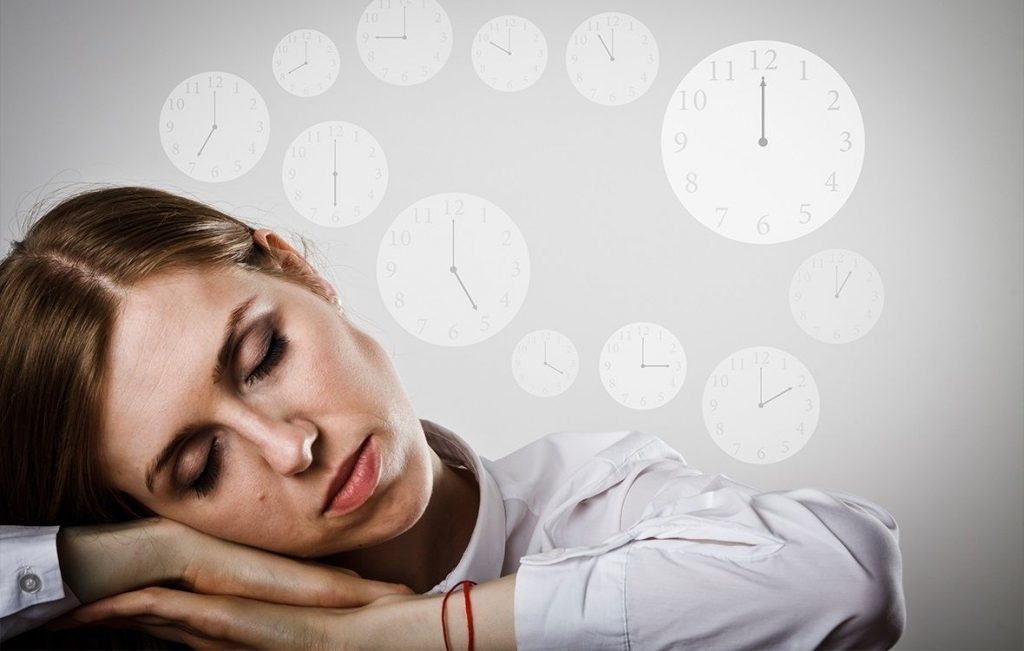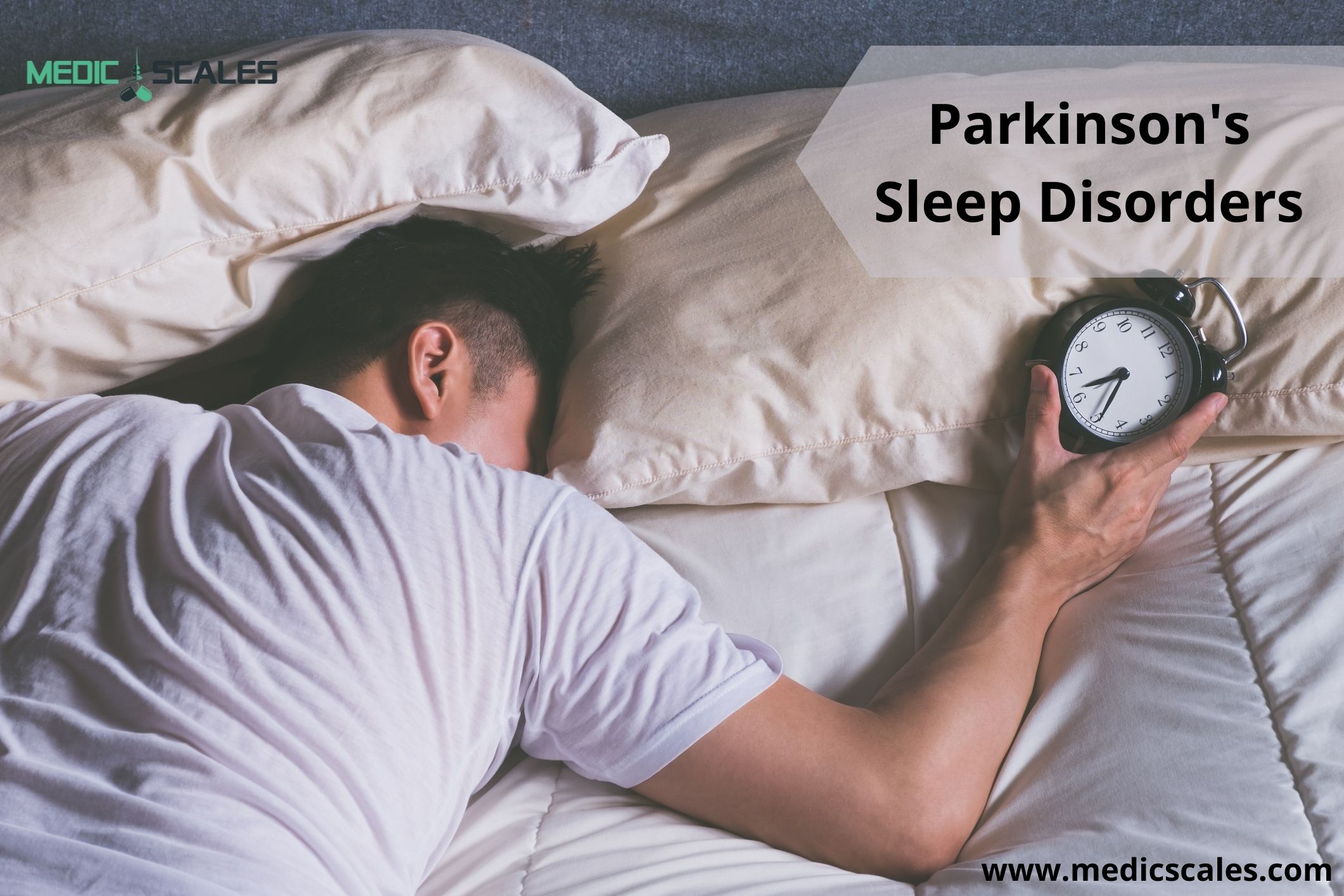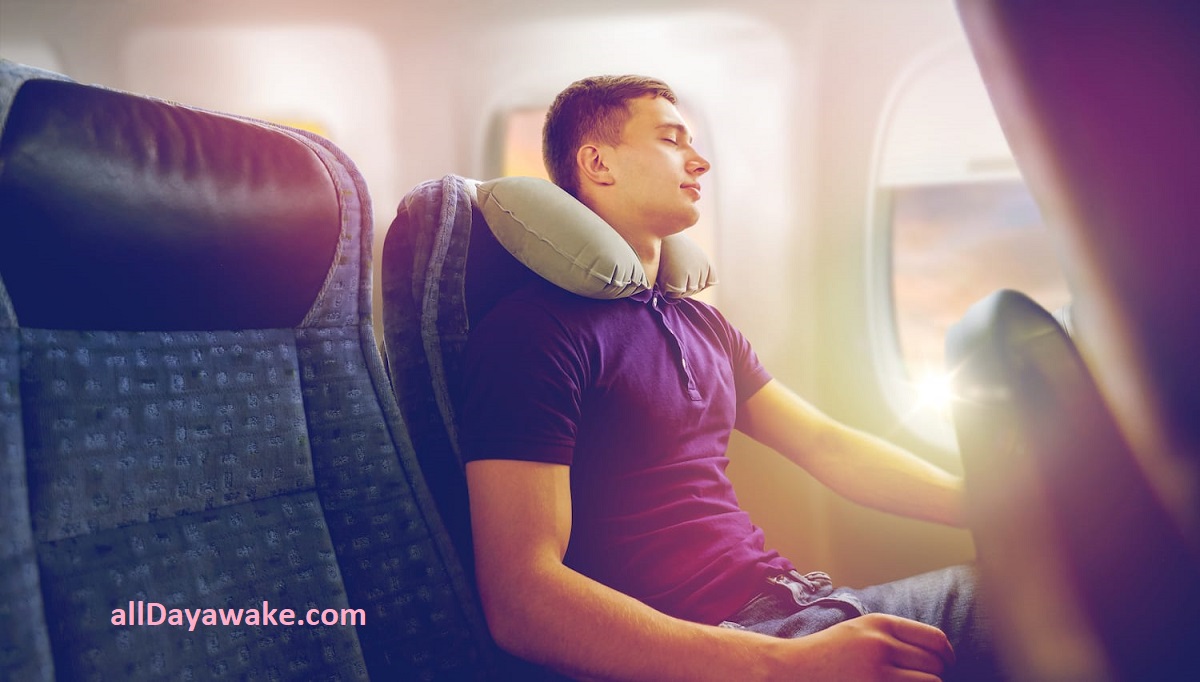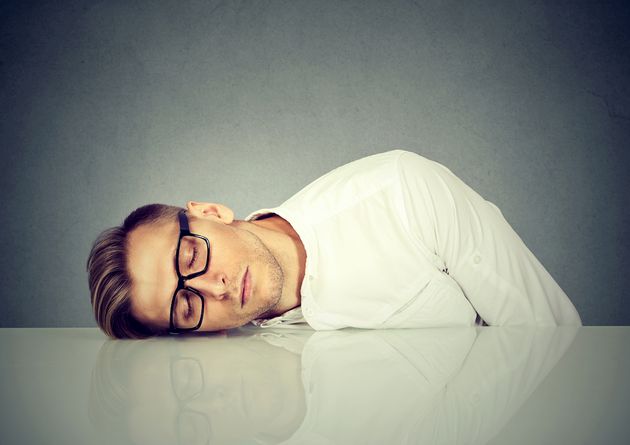Sleep disorders and Parkinson’s disease are inextricably connected. People with Parkinson’s disease are more likely to experience sleep disorders or their extreme effects, however, people who are caring for their loved ones may be affected by sleep issues during this time frame.
This is an issue for those with Parkinson’s and those around them. Since Parkinson’s disease is progressive and long-lasting, patients with Parkinson’s worry about their chances of ever getting to sleep as the rest of us – peaceful.
If you’re a newcomer to Parkinson’s disease, let us give you a quick description of the disease.
What is Parkinson’s?
Parkinson’s disease is defined as being a central nervous system disorder that causes motions, such as tremors. This condition can be attributed to nerve cells being damaged in the brain and the loss of dopamine levels that eventually lead to signs of Parkinson’s.
What are the signs that you’re suffering from Parkinson’s? The tremors begin to manifest with one hand and gradually increase to stiffness, slowed movement, and imbalance. While medications can help reduce the effects, it’s not feasible to treat Parkinson’s disease completely.
Sleep disorders are common among Parkinson’s disease.
Sleep disorders (non-motor manifestations) are thought to be indivisible symptoms that is associated with Parkinson’s disease (PD). The symptoms begin with a slight or infrequent sleep disorder at the beginning, and then become more frequent throughout the course of the disease.
The study was conducted on 1477 Parkinson’s patients randomly selected Results were as they are:
- 9.9% of patients suffer from chronic insomnia
- 18% of patients experienced difficulty in sleeping
- 54% of patients reported disruption to their sleep
- 3percent of patients would be awake at night
- 4percent of patients awoke earlier than their desired times in the early morning
- 5percent of patients were not in a position to return to sleep after becoming they were awake
What kind of sleep disorders can be found in Parkinson’s disease?
What’s the reason behind the sleep disorders that are common in Parkinson’s disease?
If you’re trying to figure out the reason for these insomnia-related disorders that are associated with Parkinson’s disease we’ll be clear that the causes could be multiple. It could be due to the neurodegeneration process that causes disruption to the systems that regulate the cycle of sleep and wake. In addition, the depletion of cerebral amines is common and could be responsible for triggering and maintaining sleep disorders. Other causes of sleep disorders are the use of medications as well as cognitive problems. It is now clear the reason PD patients aren’t able to rest well even though they have the right setting to sleep in.
A proper diagnosis and treatment of sleep disorders (as previously mentioned) can result in regularized sleep patterns and an increase in daytime alertness. PD patients can expect improvement in their level of quality of life.
Let’s examine the most frequent sleep disorders in greater detail.
Insomnia
When those suffering from Parkinson’s disease have difficulty getting to sleep, or staying asleep, or wake up earlier than they would early in the day it’s just a sign of insomnia.
The frequent awakening from sleep or sleep fragmentation can also occur. While Parkinson’s disease is the primary cause of insomnia, it is possible that it can be caused by depression or anxiety. The sleep disturbance could be the result of the cough or cold hot sensations, as well as pain that occurs during PD. Additionally, the chance to suffer from the onset of insomnia associated with Parkinson’s disease is increased because of drugs such as dopamine agonists, and withdrawal selegiline, entacapone, and so on.
Conditions of insomnia are only treated with Parkinson’s disease in the form of insomnia is determined specifically. It is recommended to consult with your physician and determine if you’re suffering from an insomnia-related condition that makes it hard to get to sleep, causes a disruption in sleeping, or gets you up early.
Excessive daytime sleepiness

Also known as sleep attacks or sleep attacks’, excessive daytime sleepiness (EDS) can be detected in the event of overwhelming, sudden sleepiness, without any prior knowledge of sleeping. Frequent yawning & sleep-tearing may happen. About 21% of people suffering from Parkinson’s have these symptoms and they get worse when the condition progresses. The symptoms of excessive sleepiness during the daytime in Parkinson’s can vary depending on the age of the patient, patterns of sleep-wake cycles, or daytime immobility. It also depends on the type of dopaminergic drugs used.
You’ll be amazed to learn that treating excessive sleepiness during the day is a huge challenge for people with Parkinson’s disease. First, the majority of doctors consider it essential to detect and treat sleep disorders that are common. In the next phase, reducing or eliminating the effects and symptoms of the drugs that trigger hypersomnia such as antipsychotics, antidepressants, or sedatives can occur. PD patients are instructed on how to stay in good sleep during this time. In short, doctors work on improving the patients’ perception of their own wakefulness. After several weeks of adjustment to the new routine and improvement in sleep disorders that cause excessive conditions, patients might be able to identify the possibility of adverse side effects from EDS.
This makes it simpler for medical professionals to determine the exact symptoms that need to treat for EDS and thus the treatment can begin.
How can you treat sleep Disorders in Parkinson’sDisease?
As we’ve mentioned Sleep disorders can’t be completely cured, but there are still ways to reduce their impact. Let’s take a look at some strategies to help you get a better night’s sleep during Parkinson’s. Additionally, follow these sleep hygiene guidelines after consulting with your healthcare professional.
- Set a bedtime routine and keep it up to.
- If you’re unable to rest easily Try some relaxing techniques such as reading, listening gentle music, yoga, and so on.
- Relax in a cool and dark space to sleep.
- Avoid exposure to blue-lights, i.e., using your smartphone prior to the time of bed.
- Engage in regular exercise to keep your body and mind healthy. It’ll keep you focused.
- You can get some light therapy in the daytime. Take a bath in the sun’s rays in the morning and keep your eyes on the zones that offer plenty of sunlight both outdoors and indoors.
- Be sure to not nap all day long.
- Avoid alcohol, caffeine, or smoking tobacco to ensure a restful sleep.
- Consume healthy food and have a light dinner in the evening to ensure your digestive tract in good shape at night.
It is impossible to know the potential of light therapies, exercises as well as deep brain stimulation, for PD patients. They positively affect the quality of sleep overall and REM sleep disorder. Additionally, you could consult your physician about the most effective treatments for Parkinson’s-related sleep disorders such as Modalert, Waklert, and Modvigil which increases productivity in the daytime.
The Takeaway
If you observe people suffering from Parkinson’s disease experiencing sleep problems and insomnia, be aware that they’re common and common among these patients. It’s quite difficult to comprehend sleep problems in PD and determining their treatments is even more difficult however, it can help enhance PD management and improve living quality for those suffering from the disease. Numerous treatment options are accessible today however understanding the connection between sleep-wake cycle regulation could aid in the normalization of the conditions more quickly.



